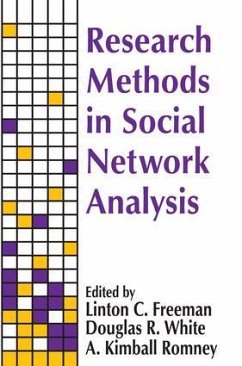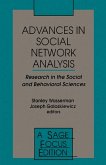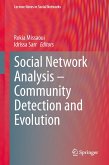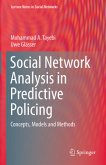Since the publication of Herbert Spencer's Principles of Sociology in 1875, the use of social structure as a defining concept has produced a large body of creative speculations, insights, and intuitions about social life. However, writers in this tradition do not always provide the sorts of formal definitons and propositions that are the building blocks of modern social research. In its broad-ranging examination of the kind of data that form the basis for the systematic study of social structure, Research Methods in Social Network Analysis marks a significant methodological advance in network studies.As used in this volume, social structure refers to a bundle of intuitive natural language ideas and concepts about patterning in social relationships among people. In contrast, social networks is used to refer to a collection of precise analytic and methodological concepts and procedures that facilitate the collection of data and the systematic study of such patterning. Accordingly, the book's five sections are arranged to address analytical problems in a series of logically ordered stages or processes.The major contributors define the fundamental modes by which social structural phenomena are to be represented; how boundaries to a social structure are set; how the relations of a network are measured in terms of structure and content; the ways in which the relational structure of a network affects system actors; and how actors within a social network are clustered into cliques or groups. The chapters in the last section build on solutions to problems proposed in the previous sections. This highly unified approach to research design combined with a representative diversity of viewpoints makes Research Methods in Social Network Analysis a state-of-the-art volume.
Hinweis: Dieser Artikel kann nur an eine deutsche Lieferadresse ausgeliefert werden.
Hinweis: Dieser Artikel kann nur an eine deutsche Lieferadresse ausgeliefert werden.








